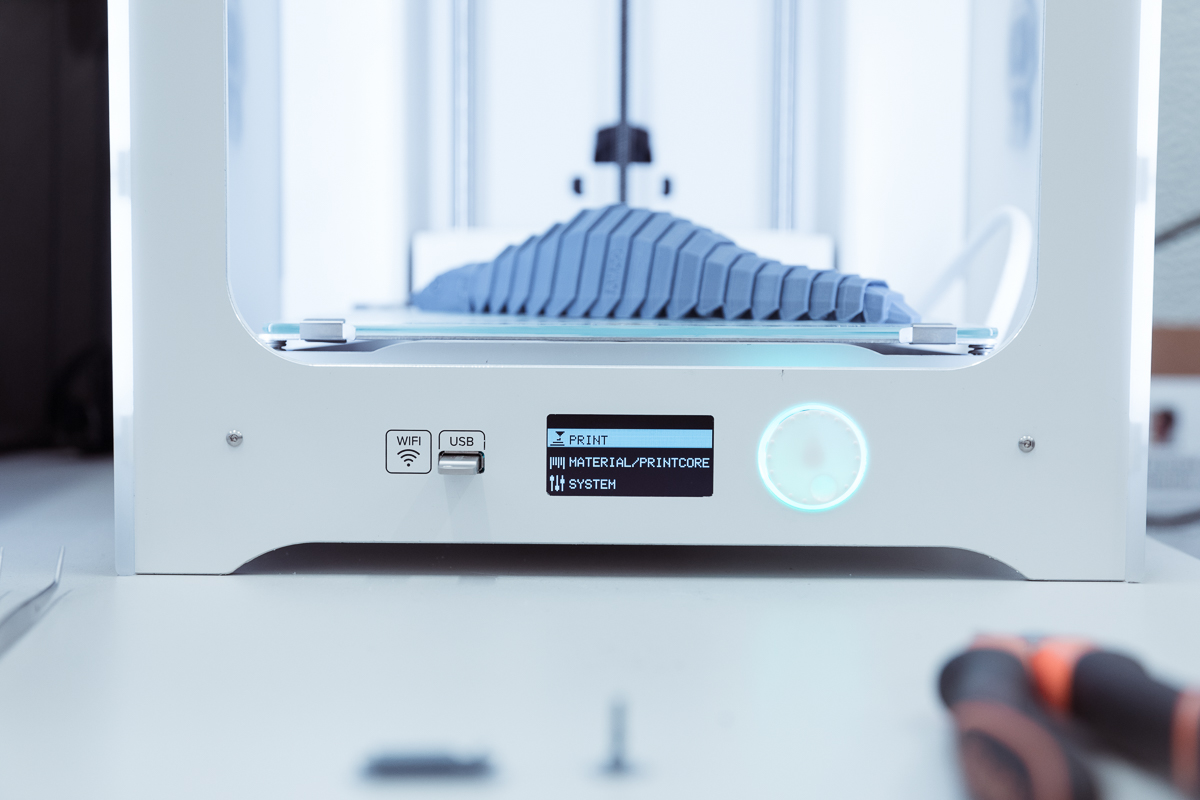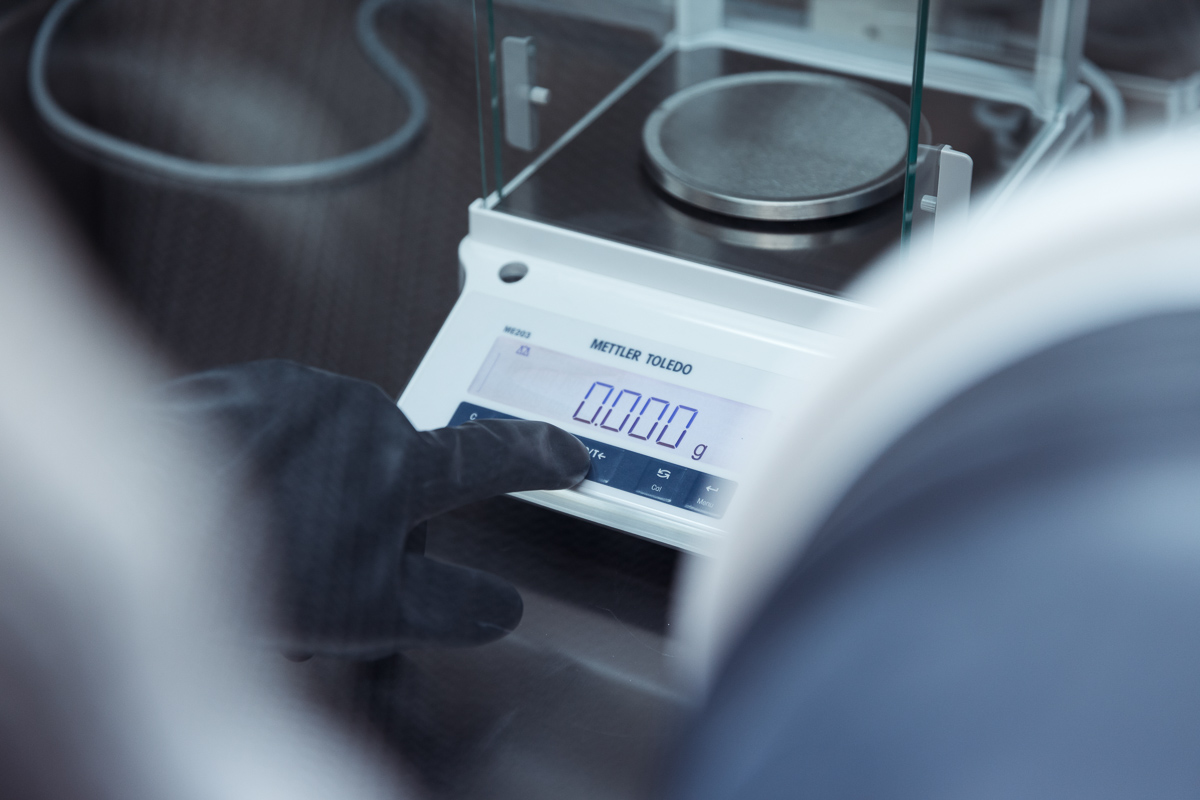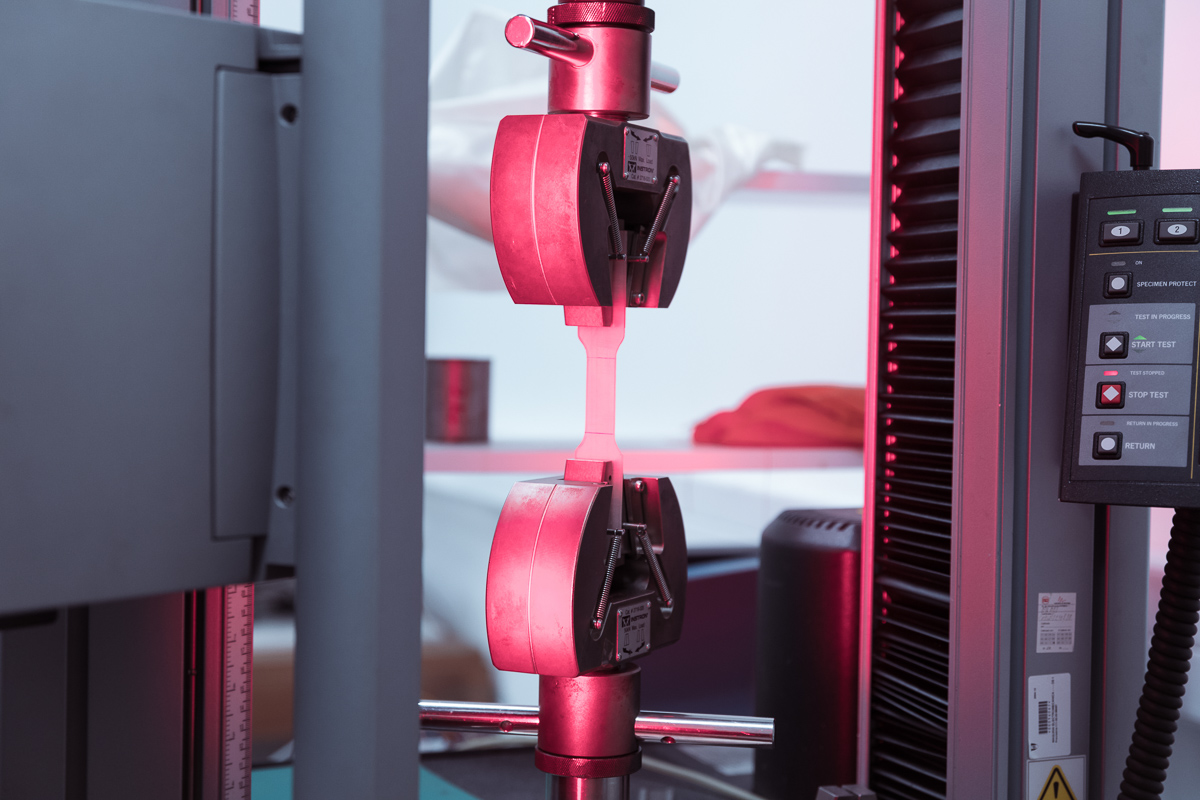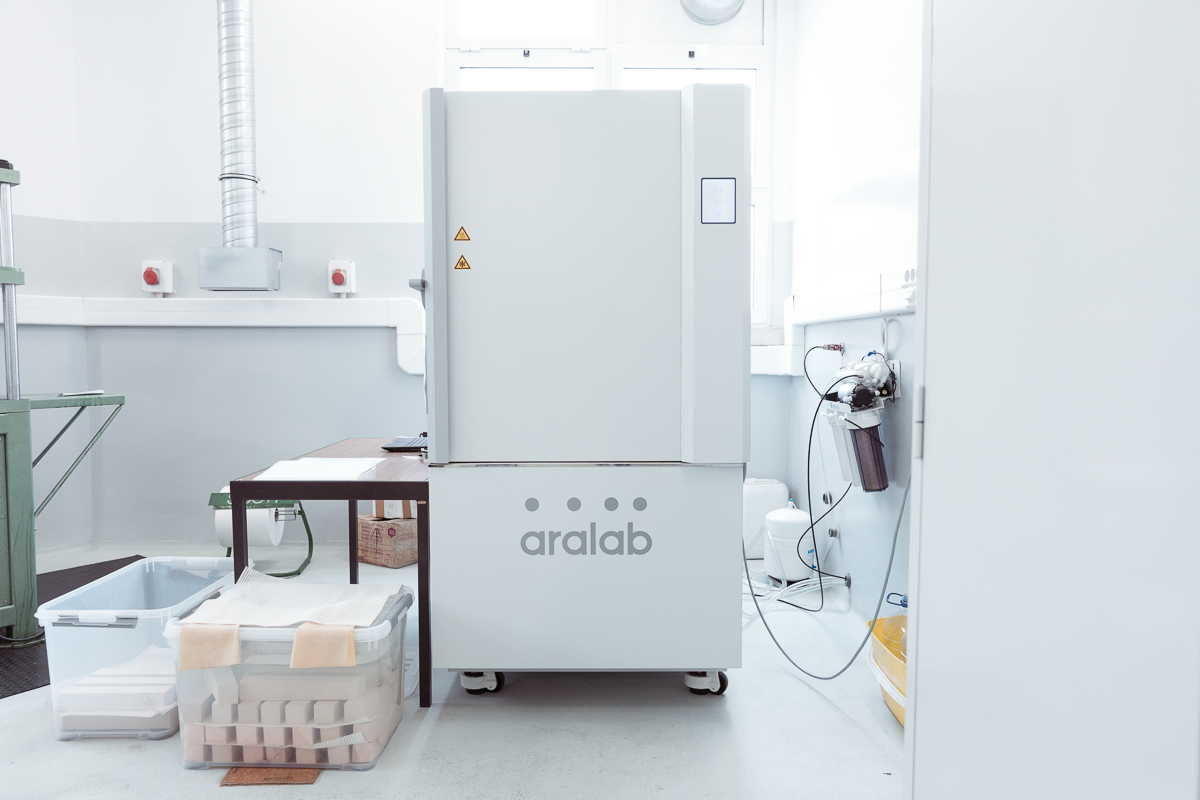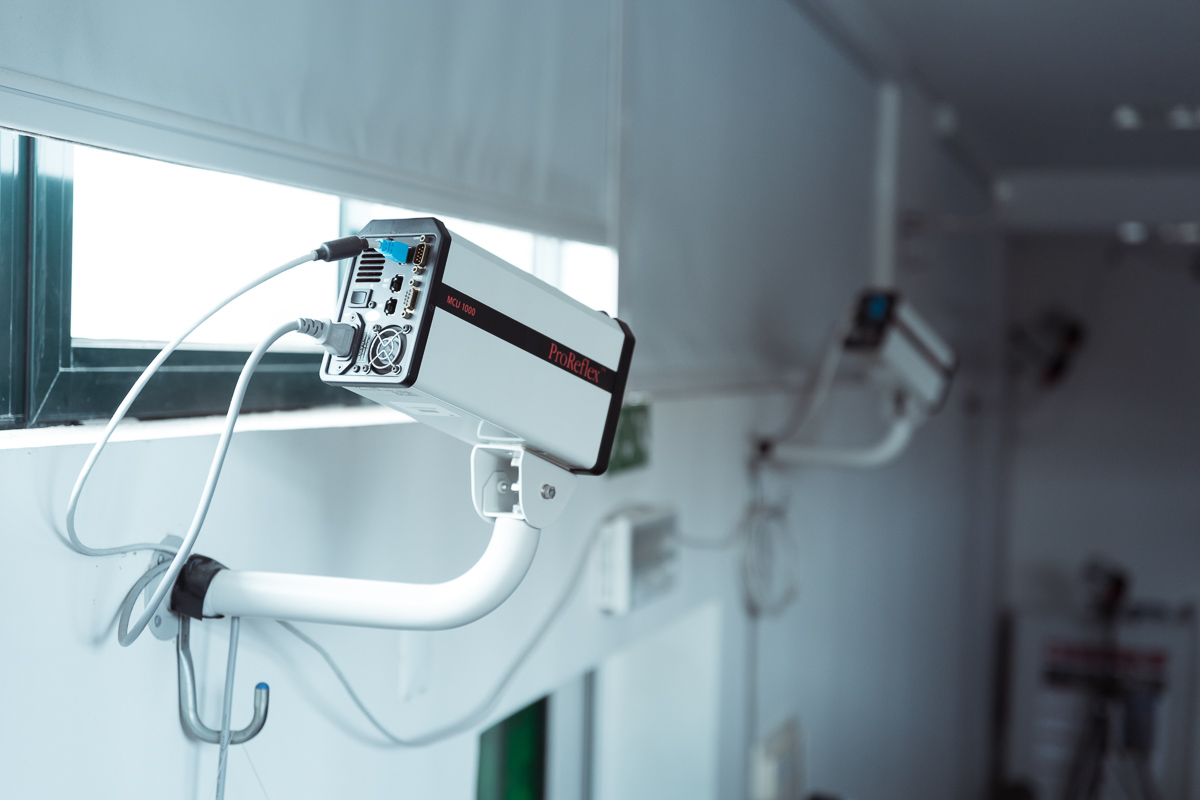The Mechanical Design research group, hosted by IDMEC and the Department of Mechanical Engineering of Instituto Superior Técnico, University of Lisbon, was created in 1978. Its main activities involved experimental mechanics and the development of models for computational mechanics and their application in the design of structural and mechanical components. Since then, the group expanded its scientific expertise, through a strong international collaboration and participation in relevant international scientific forums, leading the Portuguese research efforts in the development of new mechanical design areas such as structural and multidisciplinary optimization, multibody dynamics, micro and nano mechanics and homogenization models, biomechanics and mechanobiology, smart structures, and structural health monitoring.
The group combines researchers from a wide range of backgrounds, such as mechanics, mathematics, materials, civil, and biomedical engineering, who develop theoretical and applied research in three central areas:
Modelling and Optimization of Structures and Materials: Research in this area is centered on optimal design, multidisciplinary optimization, modelling and simulation of nanomaterials, smart structures, multi-scale analysis and optimal design of composites, laminates and piezo materials, and design of medical devices, including prostheses and scaffolds for tissue engineering.
Simulation and Design of Mechanical Systems: Research activities are aimed towards the study of vehicle and railway dynamics, crashworthiness and impact, injury biomechanics using multibody system dynamics and accident reconstruction. The biomechanics of human movement is also addressed, including the design of medical devices for rehabilitation, injury protection, and movement efficiency.
Structural Materials and Advanced Characterization: This area takes interest in the characterization of cellular materials, composite, natural and bio-materials, testing and evaluation of materials, performance, life cycle assessment of components and structures, evaluation of environmental degradation of biomaterials. and rapid prototyping.

